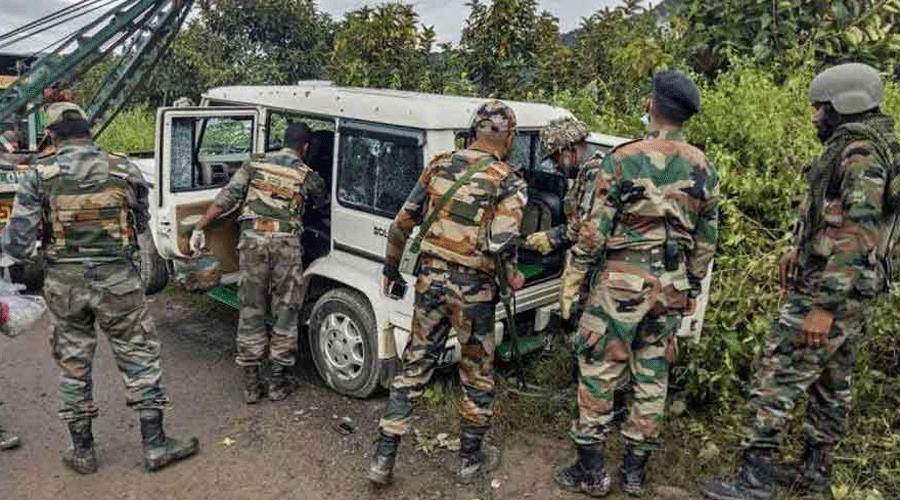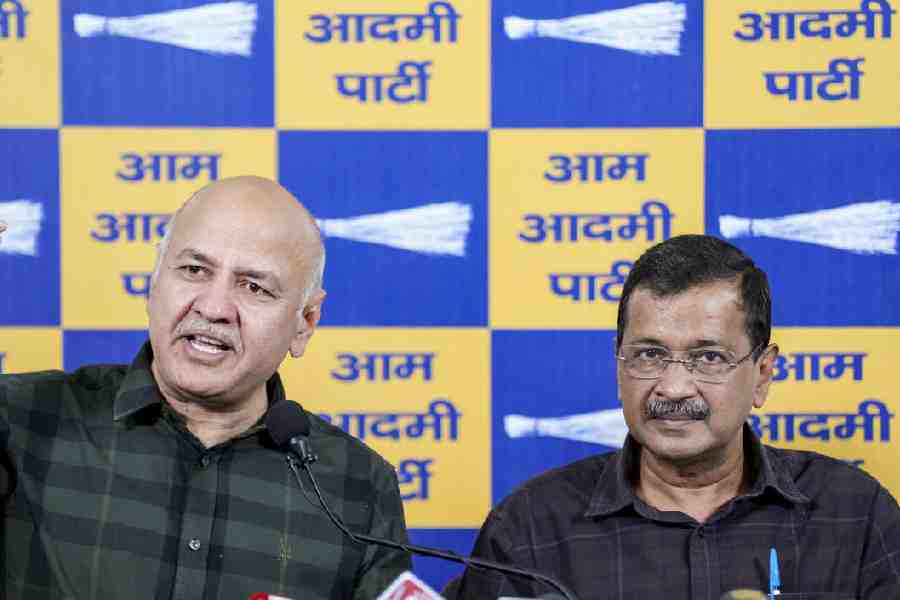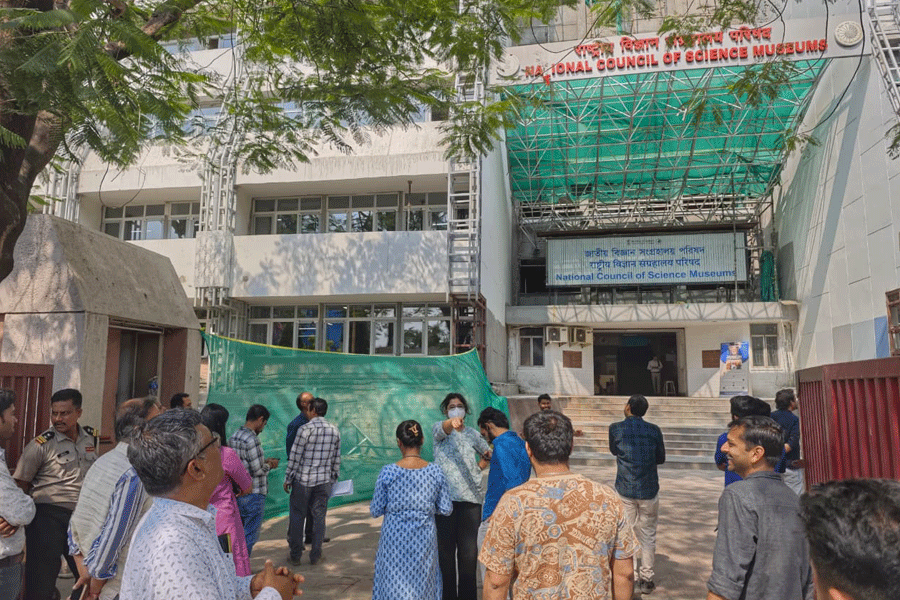The Centre has decided to reduce the ambit of the controversial Armed Forces (Special Powers) Act in Assam, Nagaland and Manipur from April 1, Union home minister Amit Shah announced on Thursday.
The move comes in the wake of protests and intense demands from states in the Northeast to withdraw the AFSPA following the killings of 14 civilians by an army unit in a botched counter-insurgency operation in Mon district of Nagaland on December 4 last year.
The carnage provoked widespread condemnation and renewed calls for the repeal of the act, which gives the armed forces extraordinary powers to search, arrest and shoot in areas designated as “disturbed”. The Nagaland Assembly had passed a resolution calling for the repeal of the AFSPA.
“In a significant step, GoI under the decisive leadership of PM Shri @NarendraModi Ji has decided to reduce disturbed areas under Armed Forces Special Powers Act (AFSPA) in the states of Nagaland, Assam and Manipur after decades,” Shah said in a tweet.
Shah said the reduction in areas under the AFSPA "is a result of the improved security situation and fast-tracked development due to the consistent efforts and several agreements to end insurgency and bring lasting peace in the North East by PM @narendramodi government".
A home ministry official said the areas under the AFSPA "have been considerably reduced in these three states; these have not been completely removed".
A Union home ministry statement said that in Assam, where the AFSPA has been in force since 1990, the "disturbed area" tag would be removed completely from 25 districts and partially from one district with effect from April 1.
In Manipur, nine police station areas in six districts will be excluded from the purview of the act, taking the number of exempted police station areas in the state to 15.
In Nagaland, where the "disturbed area" notification has been in force since 1995, the Centre has accepted the recommendation of a high-level committee, constituted in the aftermath of the Mon massacre, to withdraw the AFSPA in a phased manner, the home ministry statement said.
"The Disturbed Area Notification is being withdrawn from 15 police stations in seven districts in Nagaland with effect from April 1," it said.
Assam has 35 districts while Manipur and Nagaland have 16 districts each.
To soothe the rising tensions in Nagaland over the killings of the 14 civilians, the Centre had set up a seven-member committee on December 26 last year to examine the possibility of lifting the AFSPA in the northeastern state.
The enforcement of the law had been extended in Nagaland and Manipur in December by six months and one year, respectively. In Assam, it was extended for six months on February 28.
The AFSPA was enacted by Parliament in 1958 to give the security forces certain special powers to deal with the Naga armed insurgency. It is currently in place in Nagaland, Assam, Manipur (barring the Imphal municipal area) and three districts and eight police stations of Arunachal Pradesh. It was extended to Jammu and Kashmir in July 1990.
Welcoming the latest development, Assam chief minister Himanta Biswa Sharma said "around 60 per cent of the state's area will now be free from the AFSPA's purview".
"It is not a symbolic message but a strong message from the Centre to investors and people who want to work in Assam and the Northeast. It will send a strong signal that law and order was a concern of the past. This move marks the beginning of a new chapter in Assam, testimony to the significant improvement in the law and order scenario," he said in a tweet.
Sarma named the districts of Karbi Anglong, West Karbi Anglong, Dima Hasao, Tinsukia, Dibrugarh, Charaideo, Sivasagar, Jorhat and Golaghat and the Lakhipur sub-division of Cachar as areas from where the AFSPA has been removed entirely.
In Manipur, the AFSPA has been removed from seven police stations under Imphal West, four from Imphal East and one each from Thoubal, Bishnupur, Kakching and Jiribam districts for a period of six months.
On the exempted police station areas, a Nagaland official said they were "yet to receive" the necessary orders from the Union home ministry.
Nagaland chief minister Neiphiu Rio said he was "grateful" to the Indian government. "This is a significant development towards bringing stability, security & prosperity to the North East region," he tweeted.
Manipur chief minister N. Biren Singh called it a "historic decision".
"This decision will lead to a new era of peace, prosperity and development in Manipur yet again," he said.
While Assam and Manipur have BJP-led governments, BJP ally Nationalist Democratic Progressive Party rules Nagaland.
The improvement in the security situation saw the AFSPA completely removed from Tripura in 2015 and Meghalaya in 2018. It was withdrawn from Mizoram in the 1980s.











